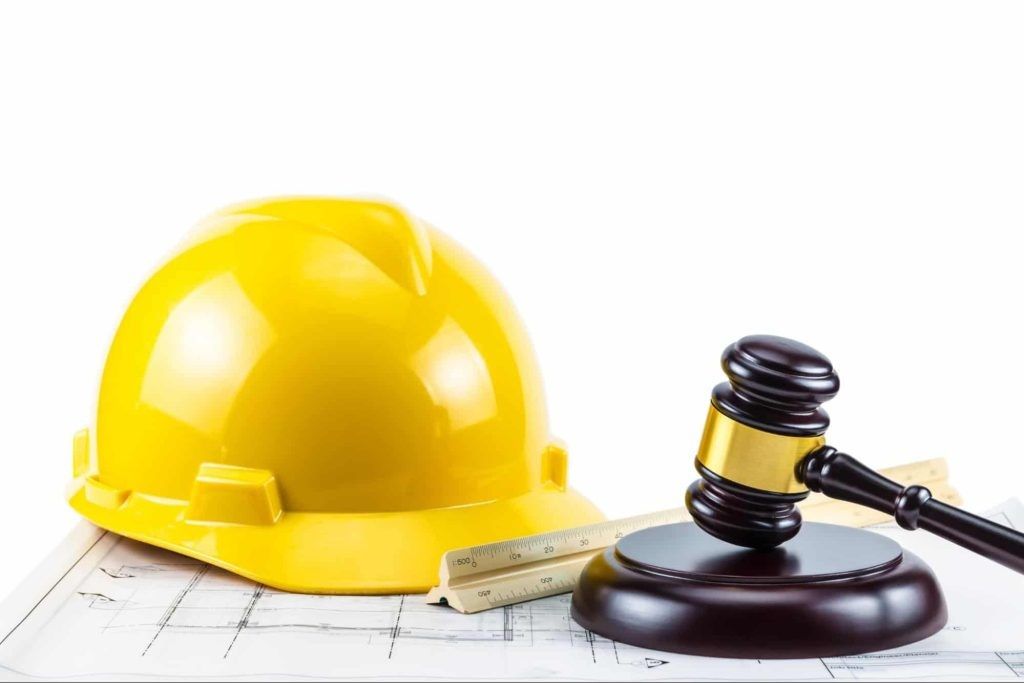Disputes between workers’ compensation lawyers and medical providers over treatment plans, bills, and related issues are not uncommon in the realm of workers’ compensation cases. This report aims to explore the strategies employed by workers compensation lawyers to address such disputes, highlighting key considerations and best practices for navigating these complex situations.
Identifying Disputes:
Disputes with medical providers in workers’ compensation cases can arise for various reasons, including disagreements over the necessity or adequacy of treatment, billing discrepancies, and issues related to medical causation or prognosis. These disputes may impede the timely and effective resolution of workers’ compensation claims, requiring intervention and resolution by legal professionals.
Strategies for Resolution:
Workers’ compensation lawyers employ several strategies to address disputes with medical providers and facilitate the resolution of these issues:
- Evidence-Based Advocacy: Lawyers gather and present evidence, including medical records, expert opinions, and independent medical evaluations, to support their position in disputes with medical providers. This evidence-based approach helps to substantiate the need for specific treatments or services and establish the validity of medical bills.
- Negotiation and Mediation: Lawyers engage in negotiations and mediation sessions with medical providers to reach mutually acceptable resolutions to disputes. Through constructive dialogue and compromise, parties can often resolve disagreements without resorting to litigation, saving time and resources for all involved.
- Legal Advocacy: In cases where disputes cannot be resolved through negotiation or mediation, lawyers may advocate for their clients’ interests through legal channels. This may involve filing motions or petitions with the workers’ compensation board, presenting evidence and arguments in administrative hearings, or pursuing appeals in court if necessary.
- Collaboration with Medical Experts: Lawyers collaborate with medical experts, including independent physicians and specialists, to provide objective assessments and opinions on treatment plans, medical bills, and other relevant issues. These experts help to clarify complex medical issues and provide additional support for legal arguments.
Considerations and Best Practices:
Several considerations and best practices should be taken into account when navigating disputes with medical providers in workers’ compensation cases:
Timely Communication: Open and transparent communication between lawyers and medical providers is essential for resolving disputes effectively. Lawyers should maintain regular contact with medical providers to address concerns and seek clarification on medical issues.
Documentation and Record-Keeping: Thorough documentation of all communications, agreements, and decisions related to disputes with medical providers is critical. Lawyers should keep detailed records of discussions, correspondence, and outcomes to ensure clarity and accountability throughout the resolution process.
Conclusion:
Disputes with medical providers present unique challenges in workers’ compensation cases, requiring careful navigation and strategic advocacy by legal professionals. By employing evidence-based advocacy, negotiation and mediation, legal advocacy, collaboration with medical experts, and adhering to ethical considerations, workers compensation lawyers can effectively address disputes with medical providers and ensure the best possible outcomes for their clients in workers’ compensation claims.


